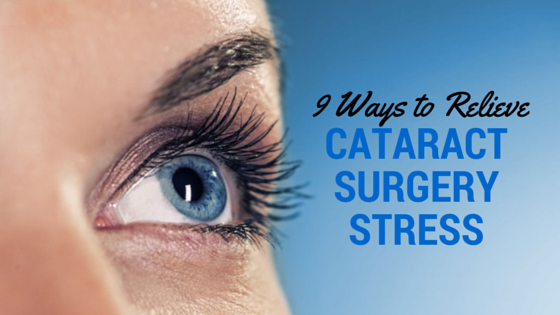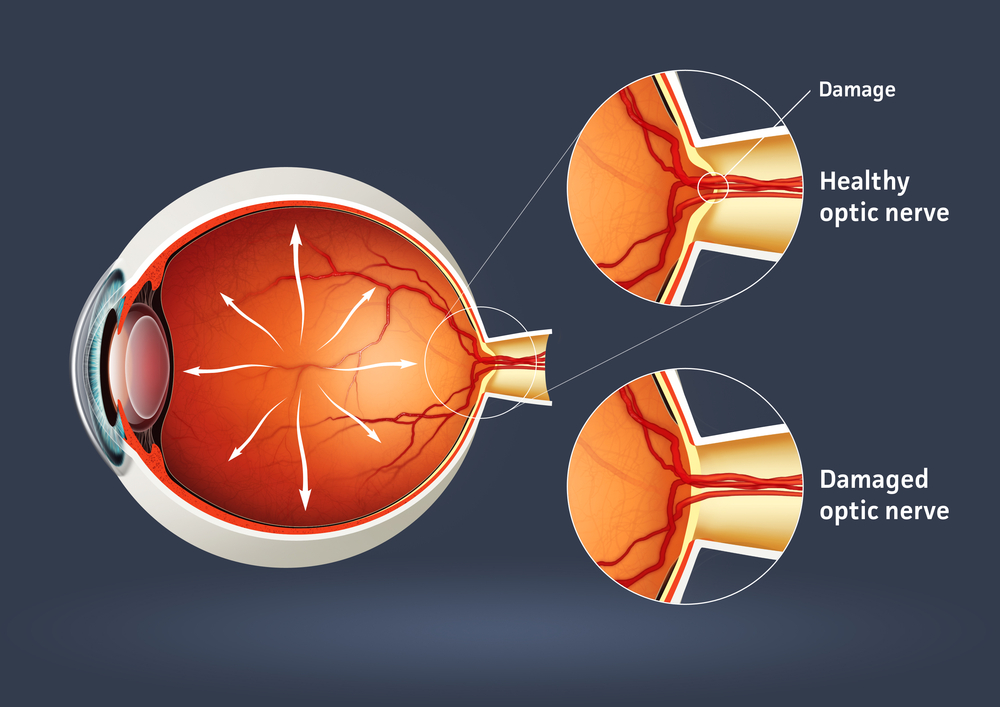Besides the comments that we get, one of the best parts of putting together this blog is the wonderful group of guests who share their expertise and personal stories. I want to thank all of the eye care professionals and friends that have contributed to make this blog a success.

Here is a quick vision recap of some of the articles we had in the past that you may have missed.
Jullia A. Rosdahl, MD, PhD – Coffee and Glaucoma and Taking Control of Glaucoma
David Liao, MD, PhD – What Are A Macular Pucker and Macular Hole?
Kooshay Malek – Being A Blind Artist
Dan Roberts – 15 Things Doctors Might Like Us To Know
Jennifer Villeneuve – Living With KC Isn’t Easy
Daniel D. Esmaili, MD – Posterior Vitreous Detachment
Donna Cole – Living With Dry Age-Related Macular Degeneration
Pouya N. Dayani, MD – Diabetes And The Potential For Diabetic Retinopathy
Robin Heinz Bratslavsky – Adjustments Can Help With Depression
Judith Delgado – Drugs to Treat Dry AMD and Inflammation
Kate Streit – Hadley’s Online Education for the Blind and Visually Impaired
Catherine Warren, RN – Can Keratoconus Progression Be Predicted?
Richard H. Roe, MD, MHS – Uveitis Explained
Sumit (Sam) Garg, MD – Cataract Surgery and Keratoconus
Howard J. Kaplan, MD – Spotlight Text – A New Way to Read
Gerry Trickle – Imagination and KC
In addition to the topics above, here are few more articles that cover a variety of vision issues:
- 20 Tips For Cooking With Low Vision
- Night Blindness
- Photophobia
- Diabetes Awareness Month & Diabetic Eye Disease
- For Book Lovers – Low Vision Magnifiers
- E-Readers for Low Vision
- Exercise And Physical Activity For A Healthy 2015
- Adding Healthy Eating To Your Exercise Plan
- Glaucoma Awareness Month
- Understanding Ocular Herpes
If you have any topics that you would like to read about, please let us know in the comments section below.
6/23/15
 Susan DeRemer, CFRE
Susan DeRemer, CFRE
Vice President of Development
Discovery Eye Foundation




